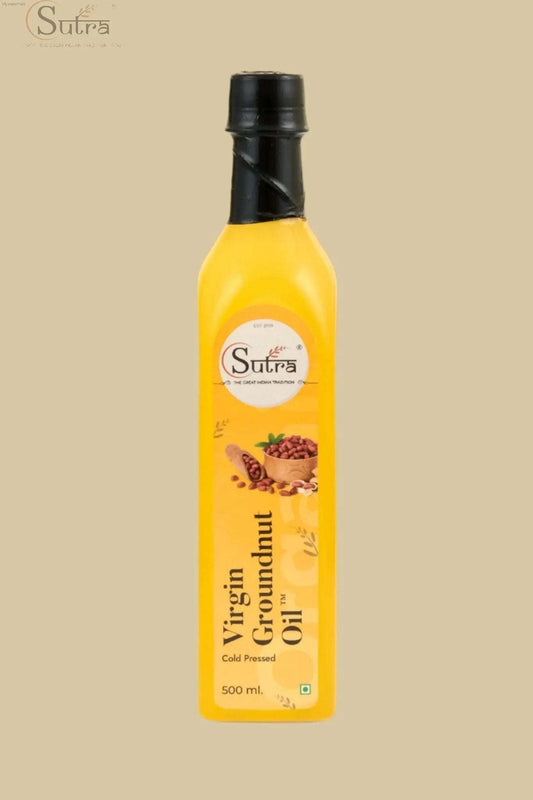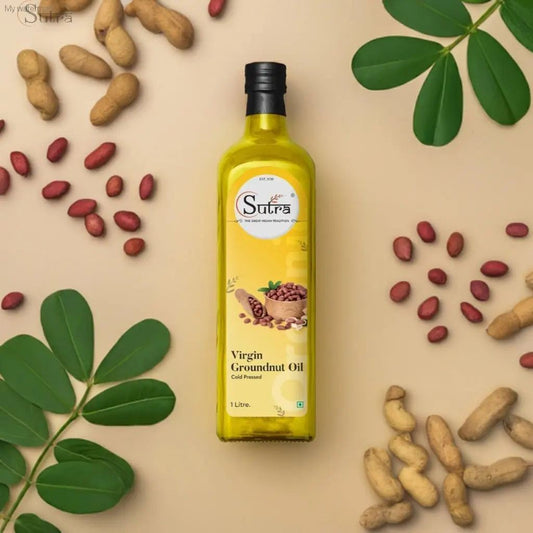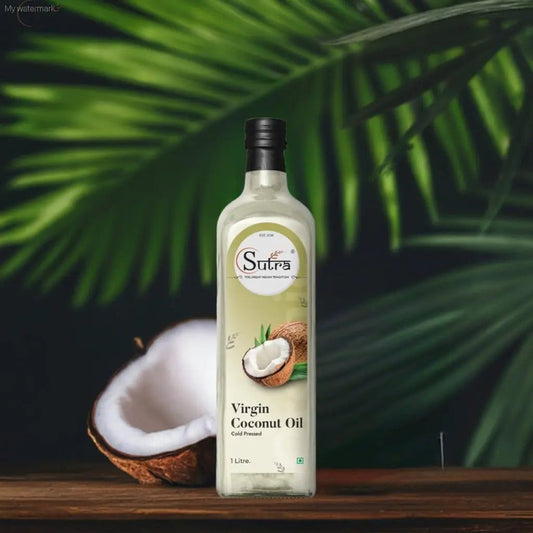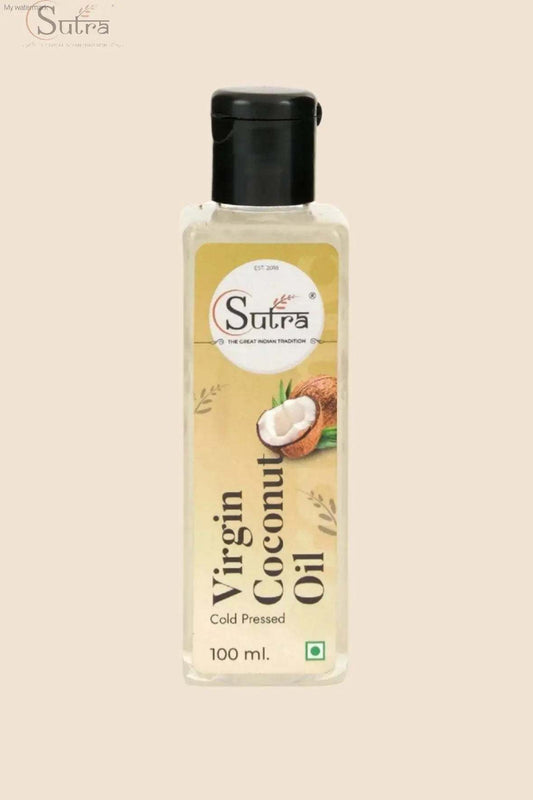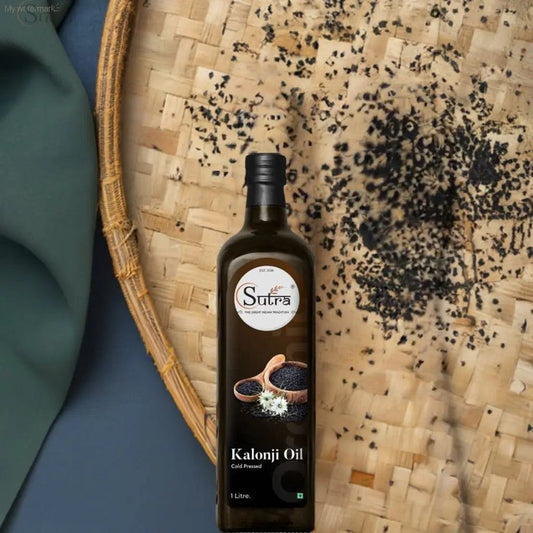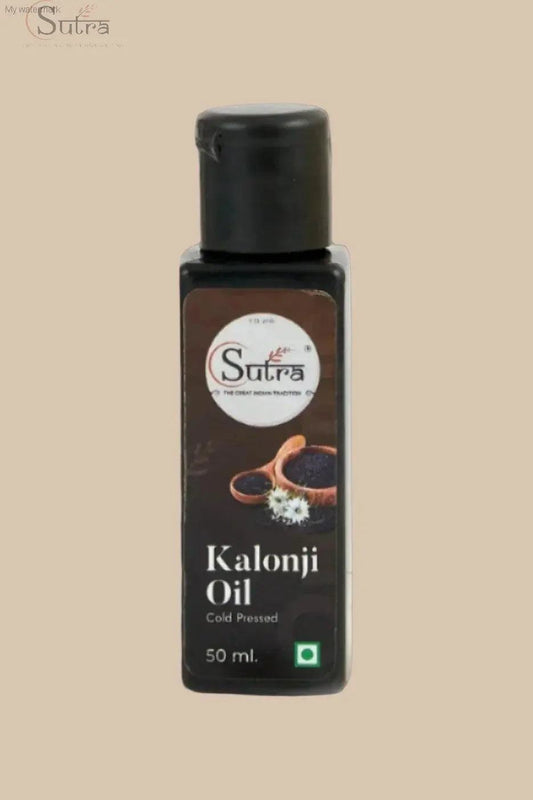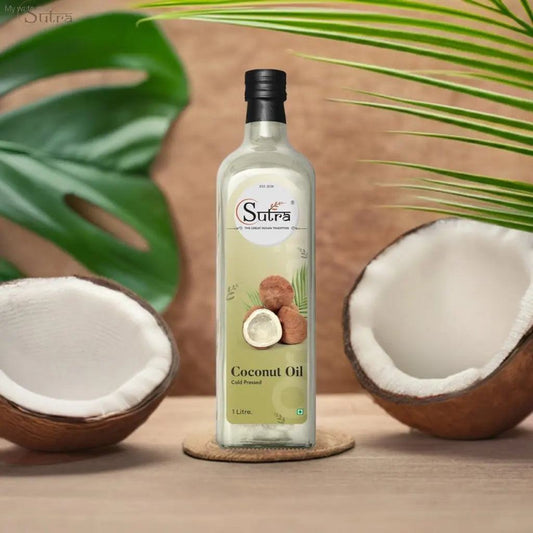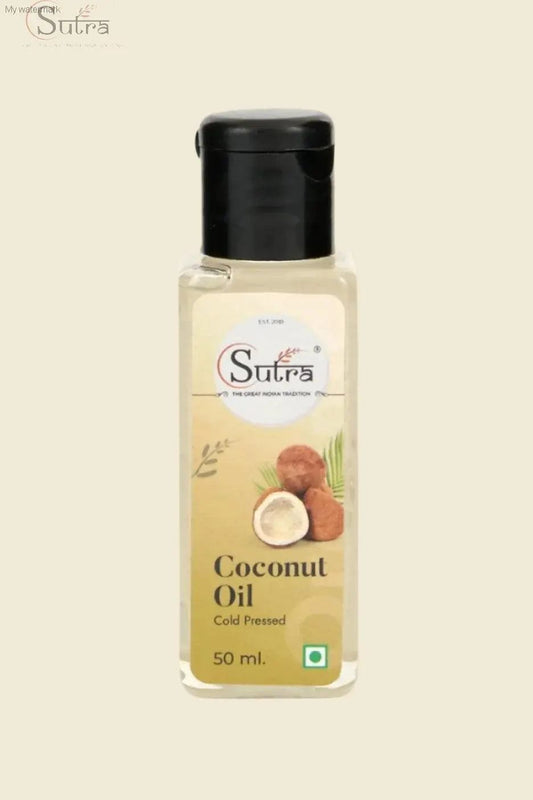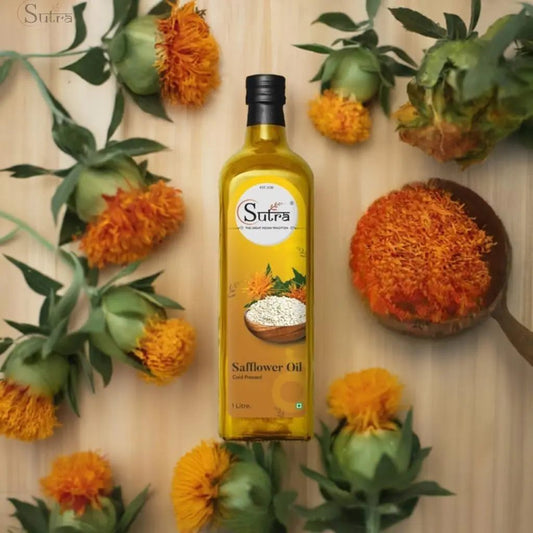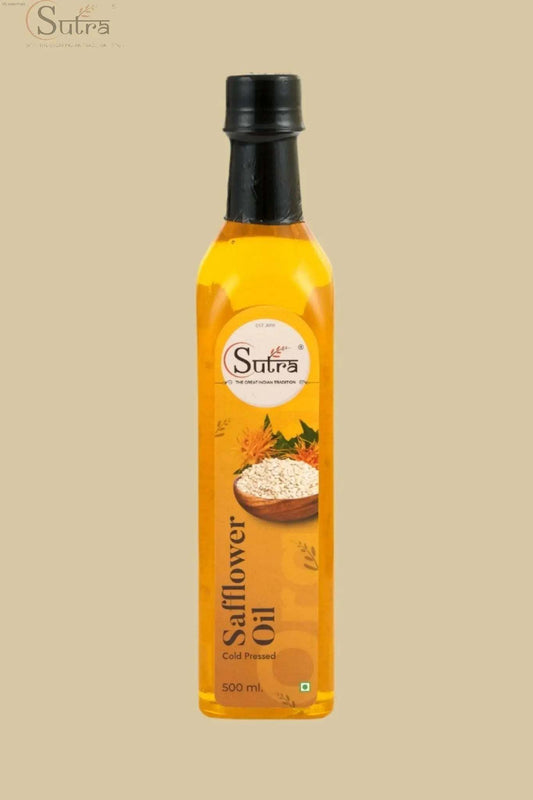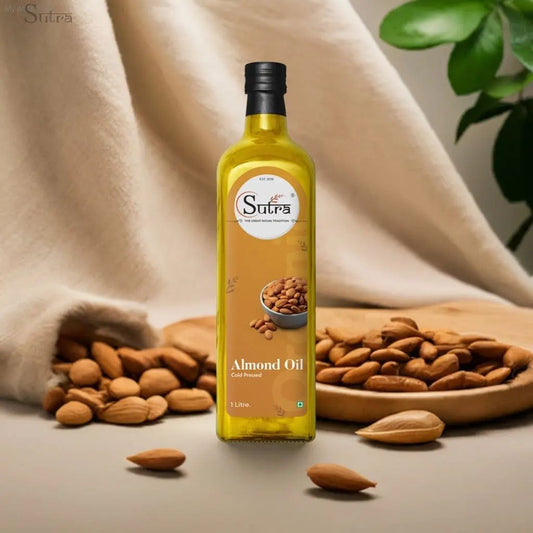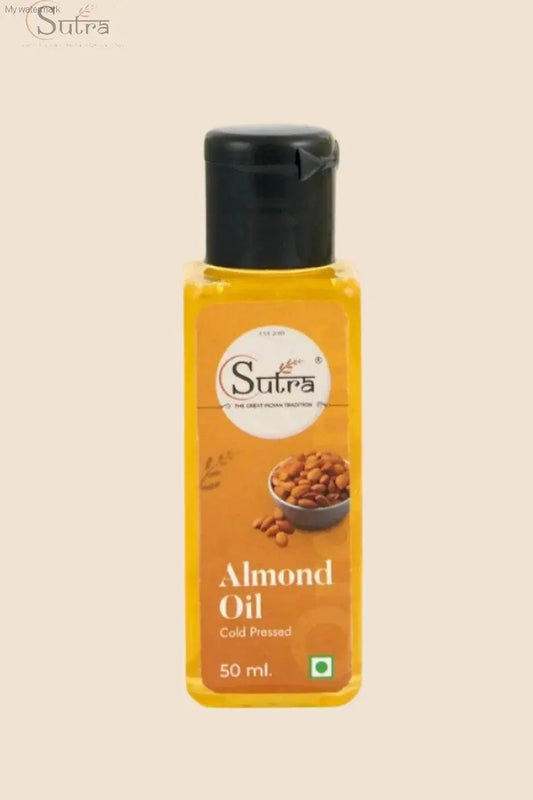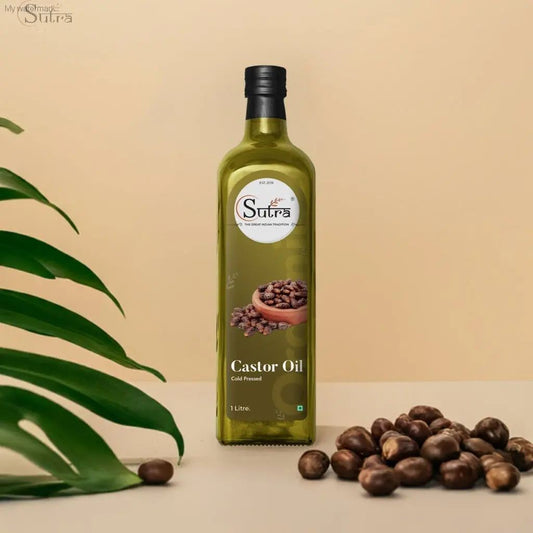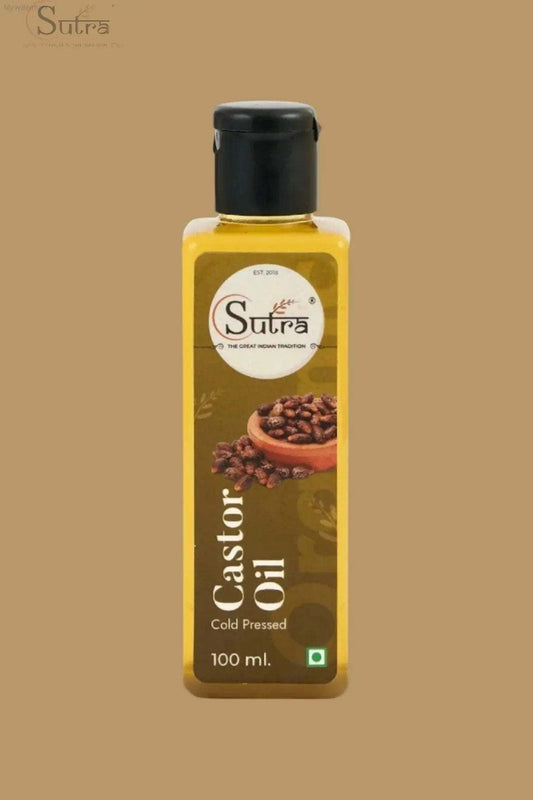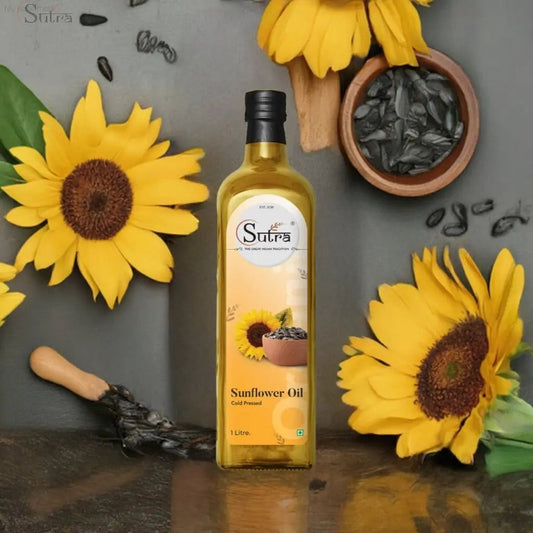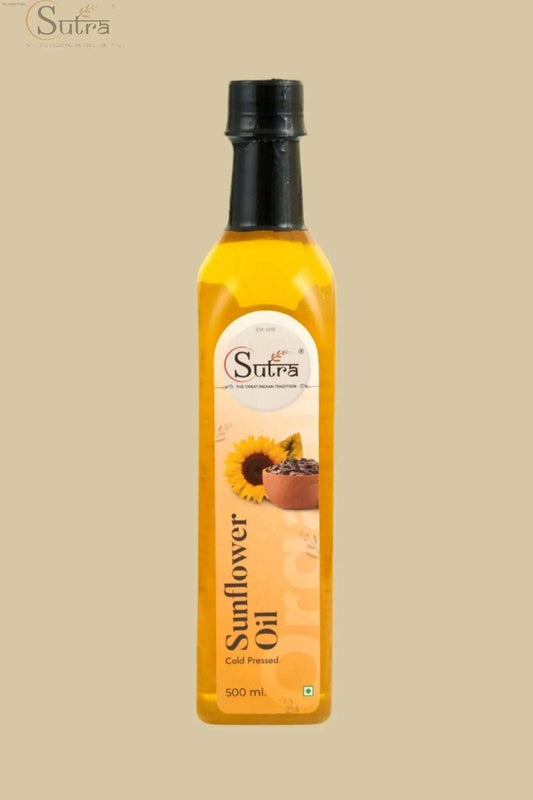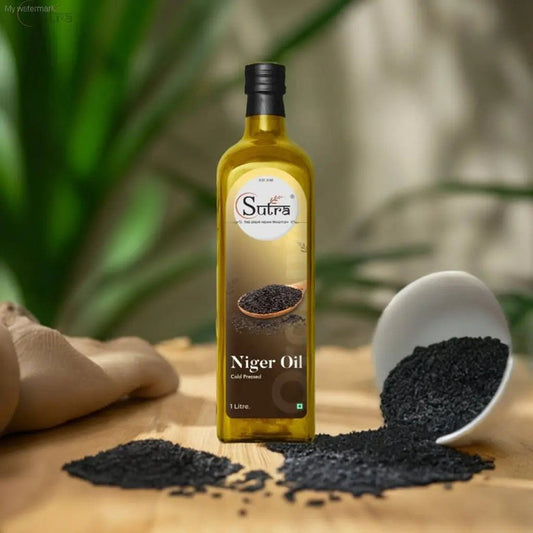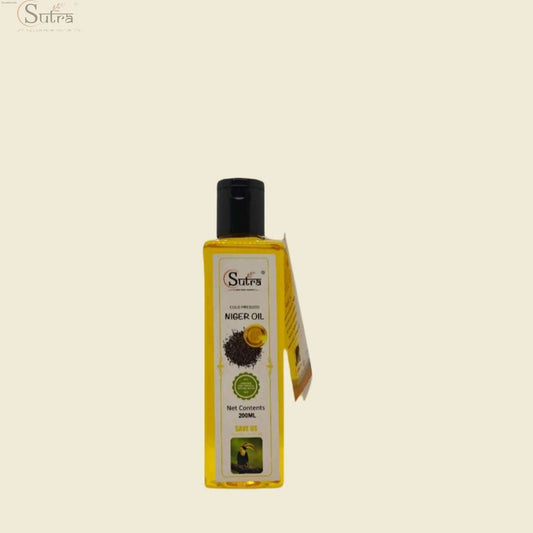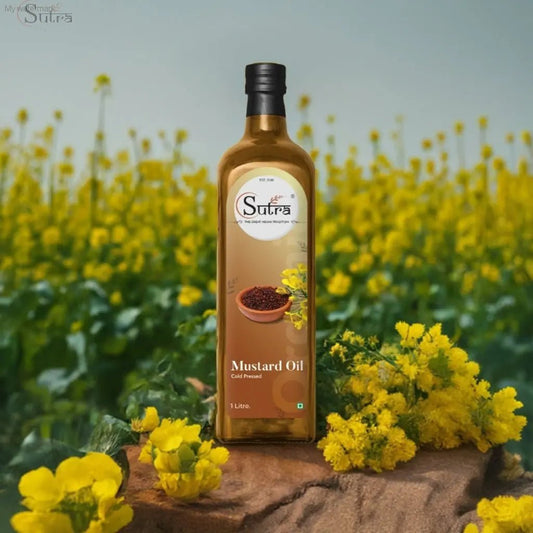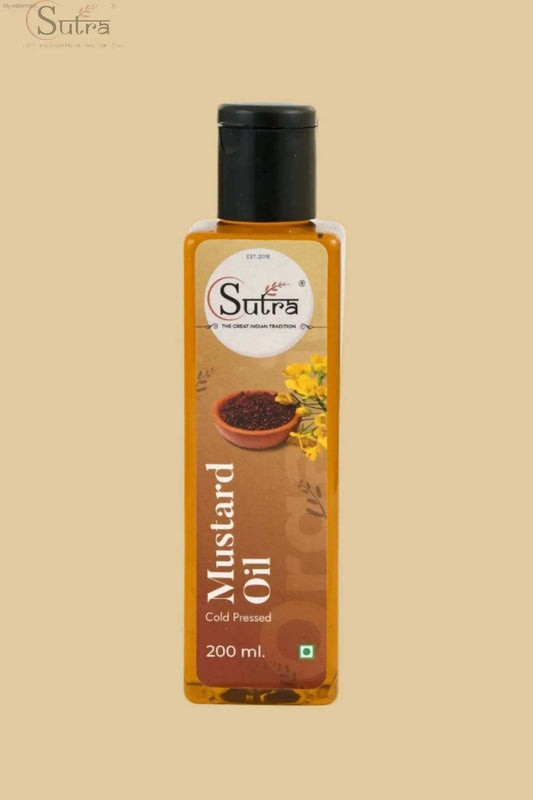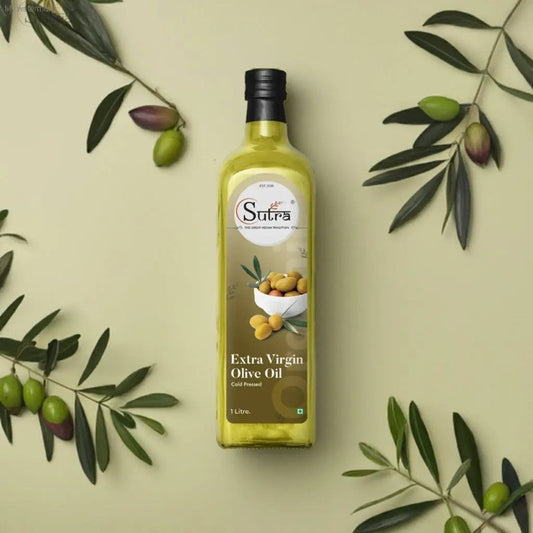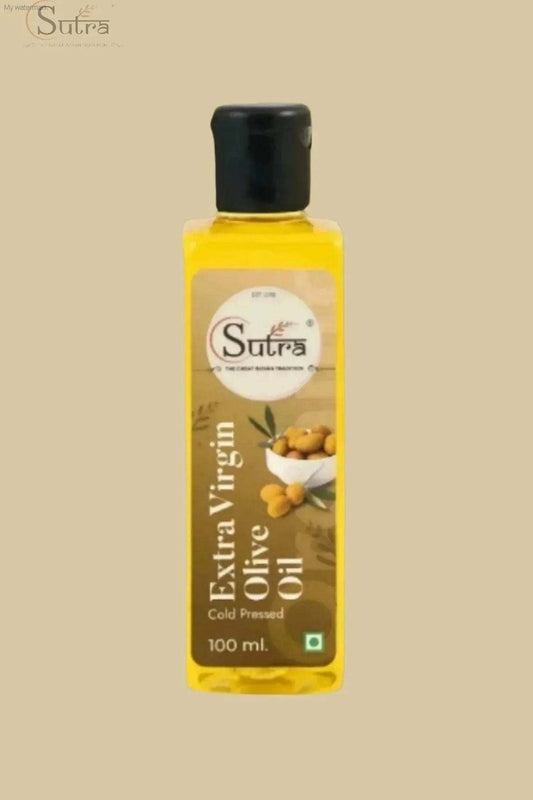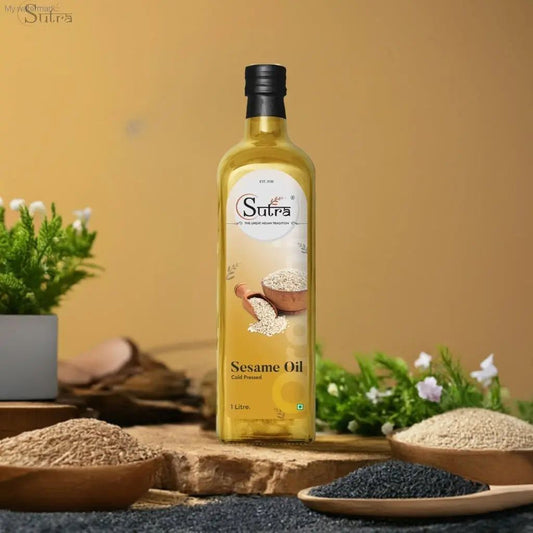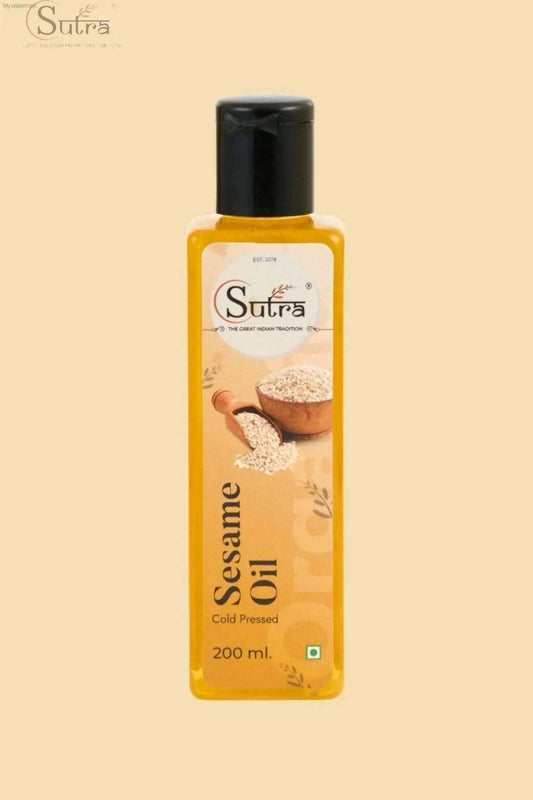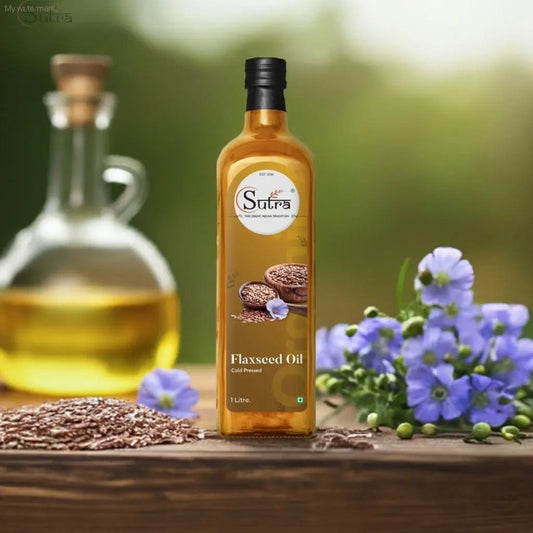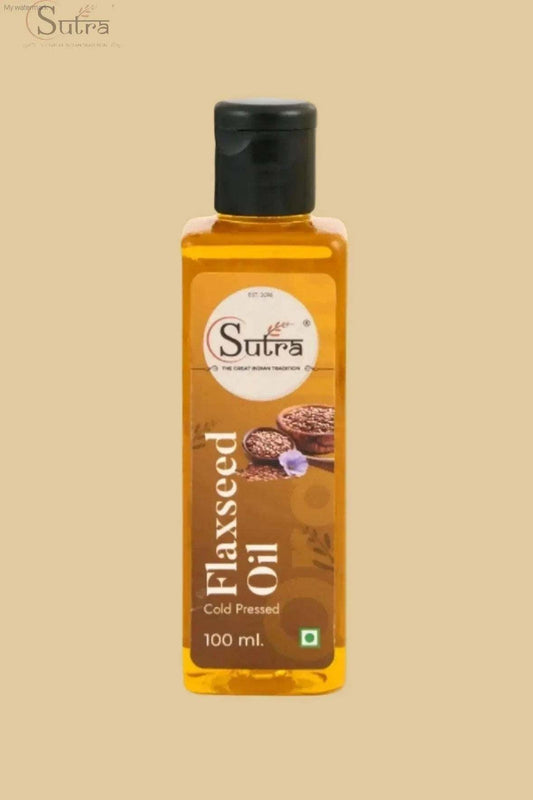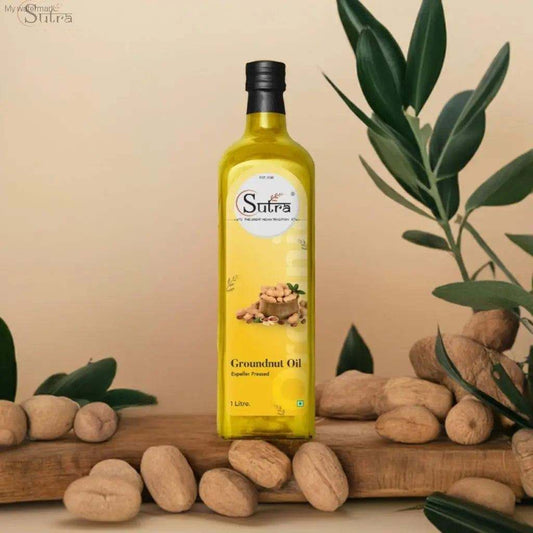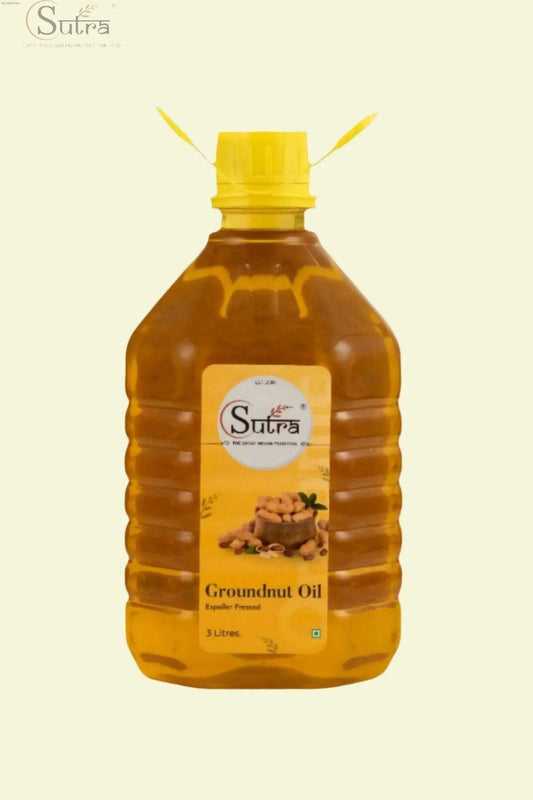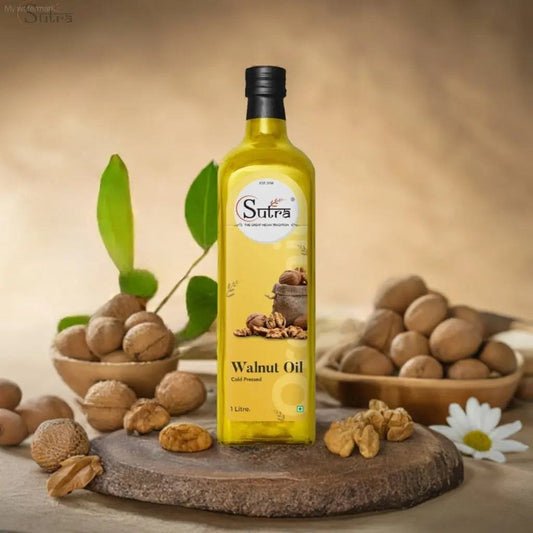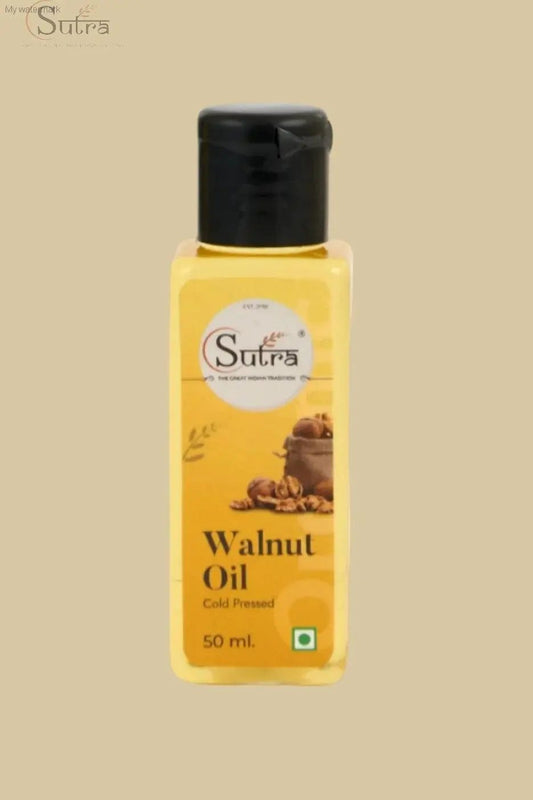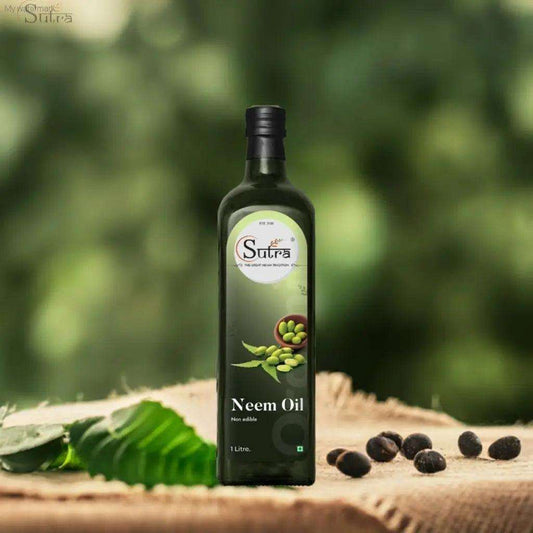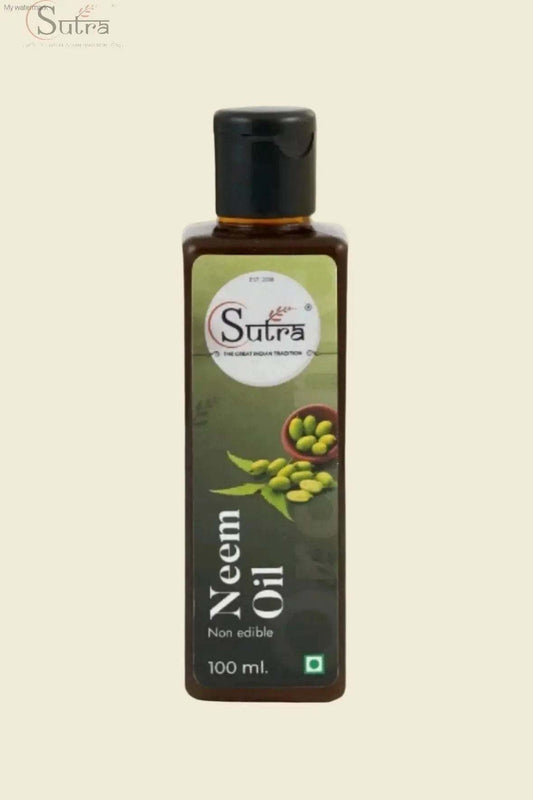Cold Pressed Oils vs. Refined Oils: Making the Healthier Choice
-
Virgin Groundnut Oil – Cold Pressed Peanut Oil for Cooking & Wellness
Vendor:Ecovale India Private LimitedRegular price From Rs. 234.00Regular priceUnit price perRs. 234.00Sale price From Rs. 234.00 -
Cold Pressed Virgin Coconut Oil – Pure & Fresh
Vendor:Ecovale India Private LimitedRegular price From Rs. 203.00Regular priceUnit price perRs. 203.00Sale price From Rs. 203.00 -
Cold Pressed Kalonji Oil / Black Seed Oil / Karunjeeragam Oil – Wooden Ghani Extracted
Vendor:Ecovale India Private LimitedRegular price From Rs. 145.00Regular priceUnit price perRs. 161.00Sale price From Rs. 145.00Sale -
Wooden Cold Pressed Coconut Oil – Pure, Natural & Fresh
Vendor:Ecovale India Private LimitedRegular price From Rs. 140.00Regular priceUnit price perRs. 147.00Sale price From Rs. 140.00Sale -
Wooden Cold Pressed Safflower Oil – Pure & Light Cooking Oil
Vendor:Ecovale India Private LimitedRegular price From Rs. 381.00Regular priceUnit price perRs. 449.00Sale price From Rs. 381.00Sale -
Badam / Almond Oil (Wooden Cold Pressed) – Edible & Multipurpose
Vendor:Ecovale India Private LimitedRegular price From Rs. 222.00Regular priceUnit price perRs. 247.00Sale price From Rs. 222.00Sale -
Cold Pressed Castor Oil – Natural Remedy for Hair, Skin & Wellness
Vendor:Ecovale India Private LimitedRegular price From Rs. 105.00Regular priceUnit price perRs. 110.00Sale price From Rs. 105.00Sale -
Premium Cold Pressed Sunflower Cooking Oil – Light & Heart Healthy
Vendor:Ecovale India Private LimitedRegular price From Rs. 278.00Regular priceUnit price perRs. 292.00Sale price From Rs. 278.00Sale -
Wood Cold Pressed Niger Seed Oil – Pure Cooking Oil
Vendor:Ecovale India Private LimitedRegular price From Rs. 193.00Regular priceUnit price perRs. 228.00Sale price From Rs. 193.00Sale -
Cold Pressed Mustard Oil – Kachi Ghani (Wood Pressed) for Cooking & Wellness
Vendor:Ecovale India Private LimitedRegular price From Rs. 154.00Regular priceUnit price perRs. 154.00Sale price From Rs. 154.00 -
Premium Extra Virgin Olive Oil for Authentic Italian Cooking
Vendor:Ecovale India Private LimitedRegular price From Rs. 179.00Regular priceUnit price perRs. 199.00Sale price From Rs. 179.00Sale -
Cold Pressed White Sesame Oil (Til Oil) – Wooden Ghani Extracted
Vendor:Ecovale India Private LimitedRegular price From Rs. 208.00Regular priceUnit price perRs. 219.00Sale price From Rs. 208.00Sale -
Wooden Cold Pressed Flaxseed Oil – Rich in Omega-3 & Plant Nutrition
Vendor:Ecovale India Private LimitedRegular price From Rs. 144.00Regular priceUnit price perRs. 144.00Sale price From Rs. 144.00 -
Hot Pressed Groundnut Oil – 100% Pure & Natural | Sutrakart
Vendor:Ecovale India Private LimitedRegular price From Rs. 318.00Regular priceUnit price perRs. 374.00Sale price From Rs. 318.00Sale -
Wooden Cold Pressed Walnut Oil – Edible Grade
Vendor:Ecovale India Private LimitedRegular price From Rs. 154.00Regular priceUnit price perRs. 162.00Sale price From Rs. 154.00Sale -
Cold Pressed Neem Oil / Margosa Oil – Natural Solution for Hair, Skin & Plants
Vendor:Ecovale India Private LimitedRegular price From Rs. 148.00Regular priceUnit price perRs. 140.00Sale price From Rs. 148.00
Cold Pressed Oils vs. Refined Oils: Making the Healthier Choice
Dive deep into the fundamental differences between cold pressed oils vs refined oils. In this comprehensive guide, you'll learn about their distinct extraction methods, how each impacts nutrient retention, and the true health implications for your body. Our goal is to guide you towards genuinely healthy cooking oils, empowering you to make informed decisions for your kitchen and overall well-being.
Understanding the Oil Landscape: A Crucial Distinction
The world of cooking oils can often be confusing, with numerous options lining supermarket aisles. While they might appear similar, the way an oil is processed fundamentally changes its chemical composition, nutritional value, and impact on your health. Broadly, cooking oils fall into two main categories: refined oils and unrefined oils (which primarily include cold pressed oils). Understanding the differences between these two is paramount for anyone committed to a healthier lifestyle and truly nutritious cooking.
The Process Behind Refined Oils: A Harsh Reality
Refined oils are the most common type found in conventional stores, largely due to their extended shelf life, neutral flavor, and high smoke point. However, achieving these characteristics comes at a significant cost to their natural integrity. The refining process is a multi-step industrial procedure involving high temperatures, pressure, and chemical treatments:
- High-Heat Extraction: Seeds are often heated to very high temperatures (up to 200°C / 392°F) before being pressed. This yields more oil but destroys delicate nutrients.
- Chemical Solvents: After initial pressing, strong chemical solvents like hexane are used to extract every last drop of oil from the seed pulp. These solvents must then be removed, often leaving trace residues.
- Degumming & Neutralization: The oil is treated with acids or alkalis to remove gums and free fatty acids, improving stability but also stripping beneficial phospholipids.
- Bleaching: Activated clays are used to filter out pigments and impurities, making the oil clearer and lighter in color.
- Deodorization: High-temperature steam distillation (up to 270°C / 518°F) removes any undesirable odors or flavors, resulting in a bland oil. This extreme heat can destroy sensitive compounds like Vitamin E and Omega-3 fatty acids, and can even create trans fats.
- Hydrogenation (for some oils): In some cases, oils might undergo partial hydrogenation to make them semi-solid, increasing trans fat content.
This extensive processing, while making the oil visually appealing and shelf-stable, drastically reduces its nutritional value, removes its natural flavor and aroma, and can potentially introduce unwanted chemical residues or create unhealthy trans fats.
The Gentle Art of Cold Pressed Oils: Preserving Nature's Best
Cold pressing is an age-old, mechanical extraction method that prioritizes nutrient retention and purity. Unlike industrial refining, this process uses minimal heat (typically below 49°C or 120°F) and no chemical solvents. The seeds are simply crushed and pressed, allowing the oil to separate naturally. This preserves:
- Optimal Nutrient Content: Essential fatty acids (EFAs), fat-soluble vitamins (like Vitamin E and K), antioxidants (polyphenols, phytosterols), and other beneficial micronutrients remain intact. These compounds are vital for fighting inflammation, boosting immunity, and supporting overall health.
- Authentic Flavor and Aroma: Because the oil isn't subjected to high heat or deodorization, it retains the natural taste and scent of the seed. For example, cold pressed groundnut oil has a subtle nutty flavor, while cold pressed coconut oil carries its characteristic tropical aroma.
- Purity: With no chemicals used in the extraction, the final product is free from harmful residues, offering a truly natural edible oil.
- Natural Color: Cold pressed oils typically have a richer, more natural color, reflecting the raw ingredients.
When you choose cold pressed oils, you are selecting a product that is minimally processed, allowing you to experience nature's goodness as it was intended.
Cold Pressed vs. Refined Oils: A Side-by-Side Comparison
To highlight the stark differences, let's look at key aspects where these two types of oils diverge significantly:
| Feature | Cold Pressed Oils | Refined Oils |
|---|---|---|
| Extraction Method | Mechanical pressing at low temperatures (<49°C / 120°F); no chemicals. Often referred to as wood pressed oils if traditional methods are used. | High-heat extraction (>200°C / 392°F); chemical solvents (e.g., hexane), bleaching, deodorizing. |
| Nutrient Content | High retention of essential fatty acids, Vitamin E, antioxidants, phytosterols, and other micronutrients. | Significantly reduced or destroyed nutrient content due to heat and chemical processing. |
| Flavor & Aroma | Distinct, natural flavor and aroma specific to the seed. (e.g., nutty groundnut, tropical coconut). | Neutral, bland flavor and aroma due to deodorization. |
| Chemical Residues | Free from chemical residues. | May contain trace residues of solvents like hexane. |
| Color & Clarity | Natural, often richer color; may have slight sediment. | Clear, light, and uniform color due to bleaching and filtering. |
| Smoke Point | Generally lower to moderate (e.g., sesame oil for finishing, groundnut for frying). Varies by oil type. | Artificially high smoke point due to refining processes. |
| Health Implications | Supports heart health, digestion, immunity; anti-inflammatory due to intact nutrients and antioxidants. | May contribute to inflammation; potential creation of trans fats during processing; lack of beneficial nutrients. |
Why Your Choice of Cooking Oil Matters for Your Health
The oil you choose for cooking is not just a medium; it's an integral part of your diet. Repeated consumption of highly processed, refined oils can have subtle yet significant long-term health implications. The loss of antioxidants and beneficial compounds in refined oils means your body misses out on vital protection against oxidative stress and inflammation, factors linked to chronic diseases.
Conversely, consistently choosing cold pressed oils means you're providing your body with essential fatty acids, antioxidants, and vitamins that support cellular health, cardiovascular function, and overall vitality. They are truly healthy cooking oils that nourish your body from within.
Sutra's Commitment to Health: Choosing Cold Pressed, Always
At Sutra, our mission is clear: to provide you with the purest, most nutritious natural edible oils. That's why we exclusively offer cold pressed oils. We believe in:
- Transparency: Knowing exactly how your oil is made and what goes into it.
- Nutrient Preservation: Ensuring every drop is packed with the goodness nature intended.
- Purity: Delivering oils free from harmful chemicals, artificial additives, or genetic modification.
- Authenticity: Honoring traditional wood pressed oils methods where applicable, and ensuring a taste that reflects the true essence of the seed.
By choosing Sutra Cold Pressed Oils, you are actively choosing a path of wellness, flavor, and integrity for your kitchen.
Ready to make the healthier choice? Explore Sutra's range of pure Cold Pressed Oils today!
Frequently Asked Questions (FAQs) About Cold Pressed vs. Refined Oils
Q1: Are all "virgin" oils cold pressed?
A1: Generally, "virgin" oils (like Virgin Olive Oil or Virgin Coconut Oil) are indeed cold pressed or extracted using purely mechanical means without high heat or chemicals, thereby retaining more nutrients and flavor. However, always look for "cold pressed" explicitly on the label for clarity.
Q2: Can I use cold pressed oils for deep frying?
A2: It depends on the specific oil's smoke point. While some cold pressed oils like groundnut oil or sunflower oil have high smoke points suitable for frying, others like sesame oil or olive oil are best for lower-heat cooking or as finishing oils to preserve their delicate compounds and flavor.
Q3: Why are cold pressed oils often more expensive?
A3: Cold pressed oils are typically more expensive because the extraction process is less efficient (yields less oil per seed compared to chemical extraction), it's a slower process, and the raw materials are often of higher quality. The preservation of nutrients and absence of harsh chemicals also contribute to the higher cost, reflecting true value.
Q4: Do refined oils have any benefits?
A4: Refined oils are often favored for their neutral flavor, long shelf life, and high smoke points, which can be convenient for certain high-heat cooking applications where flavor is not desired. However, these benefits come at the expense of their nutritional integrity and potential for harmful byproducts during processing.
Q5: How can I tell if an oil is truly cold pressed?
A5: Look for clear labeling such as "cold pressed," "unrefined," or "wood pressed." Authentic cold pressed oils often have a distinct natural aroma, a richer color, and may show some natural sediment at the bottom of the bottle. Reputable brands will provide transparent information about their extraction methods and source.


